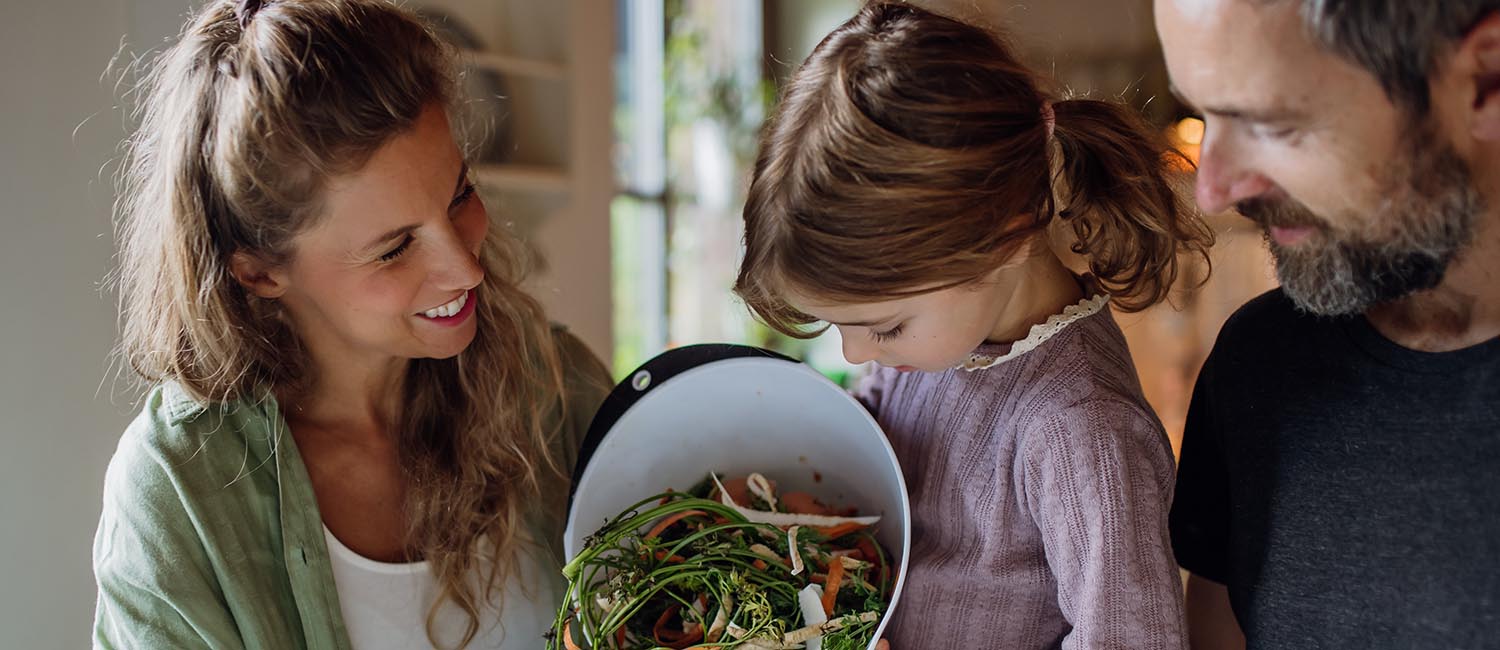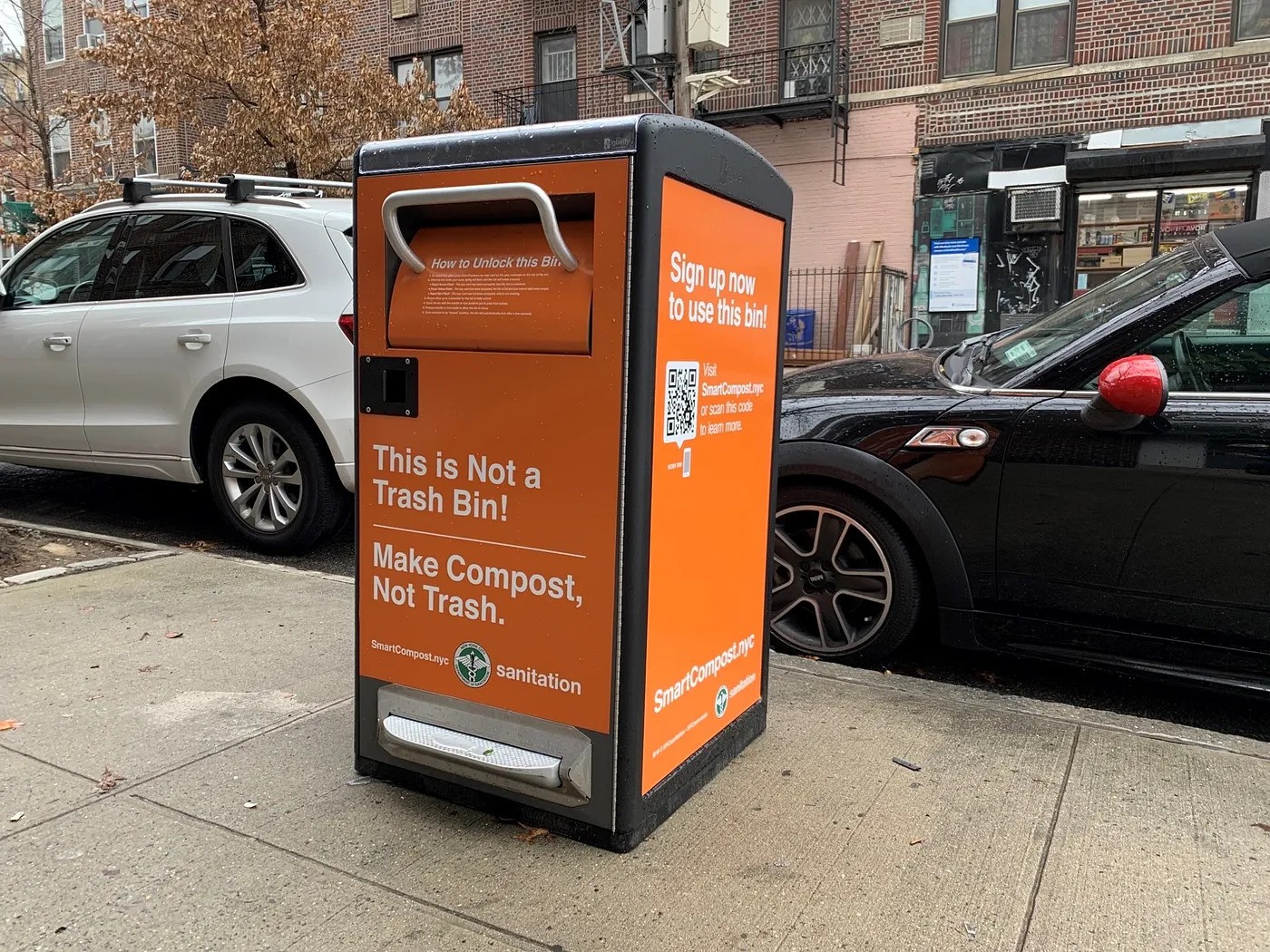

Maybe you’ve been composting for years— you turn your soil, you keep coffee grounds separate from dry food scraps, and you have a whole system in place—or maybe you’ve never considered anything other than a landfill in your life. Either way, if you live in New York, and it’s the year 2024 or later, this guide is for you. Why? Because mandatory composting is arriving. And that’s a good thing! Whether you're a composting connoisseur or a novice to the notion of diverting your waste from landfills, the landscape of waste management in New York City is evolving—for the better. With the city's stride towards mandatory composting by 2024, it's high time for all New Yorkers to get acquainted with the dos and don'ts of recycling and composting. So let's break it down.
Before we dive into the intricacies of recycling and composting, remember the hierarchy: reduce consumption, reuse what you can, and recycle the rest. By minimizing waste and repurposing items, we not only ease the burden on our recycling systems but also on our planet.
New York City mandates recycling for all residents and businesses, providing free curbside collection for residents and schools. Here's a quick rundown of what's recyclable:
Find your specific recycling pick-up days here to ensure your recyclables are processed correctly.
If you live in an apartment building, chances are your super handles the bullet points above. So just make sure you recycle what is recyclable (and only what is recyclable) and get it to the appropriate bins!
Did you know that of the 12,000 tons of trash and recycling collected in NYC each day, up to a third of it may be compostable? Well, now you do. So let’s get into how to help make that sweet, nutrient-rich decomposition happen in all five boroughs.
All Brooklyn and Queens residents now have access to curbside composting, with the Bronx, Manhattan, and Staten Island joining in October 2024. This service aligns with your recycling day, simplifying the process. If you’re unsure of when that is, or whether your building even has curbside pickup yet, you can find your curbside pickup days in any of the five boroughs here.
Just like the recycling best practices above, if you live in an apartment building in NYC, chances are your super will handle the above three bullet points, so you can focus on just composting what’s compostable.
If curbside pickup isn't your style or you're waiting for the service to reach your area, don’t worry: You have two great options.

If you haven’t noticed the city’s communal compost bins before, now you will. These are Smart Composting Bins, available 24 hours a day, seven days a week. If your household bin starts filling up and you need somewhere to empty it right away, these are going to be your best bet. Locating the nearest one to you and actually unlocking the thing is a breeze: Just download the app for iOS or Android, and you’re in!
In addition to 24-hour bins, the city offers community drop-off sites—my preferred method of composting. Why? Because not only can I drop off as much compost as I want without having to squeeze it into a bin, but lovely people are posted up at each site to help out. Unlike Smart Composting Bins, drop-off sites are a bit harder to come by—and operate on a weekly schedule. Find out where and when you can drop off food scraps in your community here.
With mandatory composting on the horizon, New Yorkers could soon be fined for not complying with the law. But this initiative isn't just about avoiding penalties—it's about contributing to a sustainable urban ecosystem. The journey to a more sustainable New York City is a collective endeavor, and if you follow these simple guidelines, you’ll be doing your part in no time to build towards a better, cleaner NYC.

Some unique ideas on how to make your kids’ living space energy efficient and green! Everything you need to know.

Early planning and sustainable practices can make your summer garden both bountiful and environmentally friendly, everything you need to know.

Host eco-friendly kid parties with sustainable decor, activities, and gifts. Celebrate joyfully while caring for our planet!